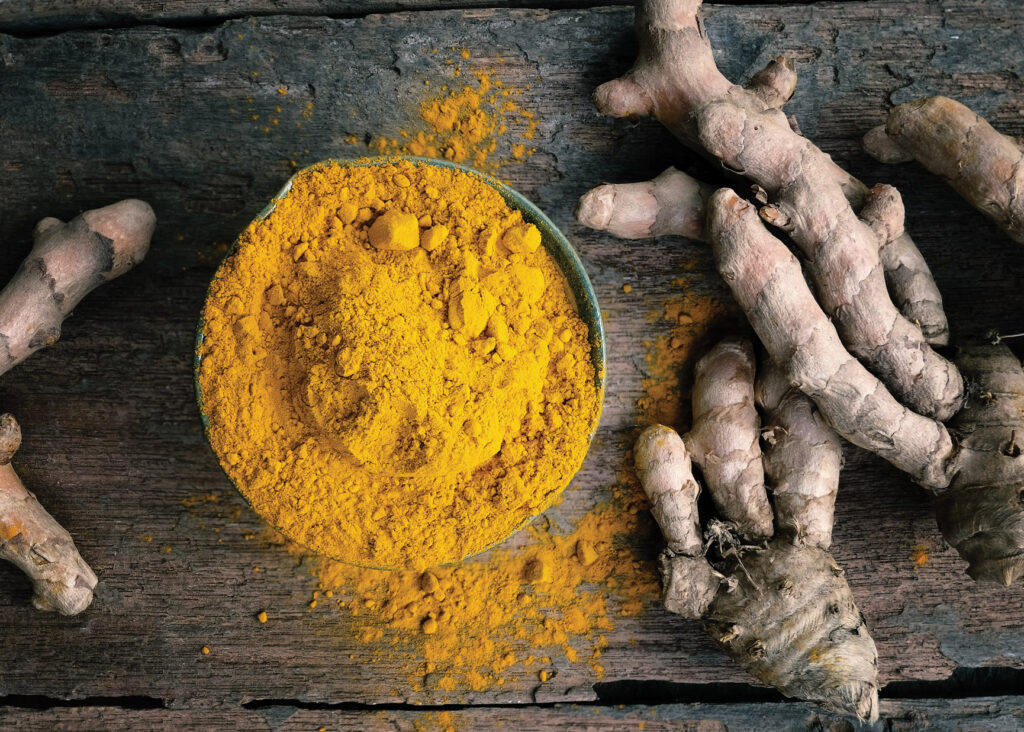Advertisement
Ask the Experts
Curcumin for joint pain

Advertisement
Q: I’m using curcumin as a natural alternative to reduce joint inflammation and pain, but I was told large doses are needed to see improvement. Is this true?
A: Curcumin has amazing therapeutic potential in many aspects of health, including joint pain, skin conditions, lung health, and gastrointestinal conditions. It has also shown impressive preliminary results in neurodegenerative diseases and as an adjunctive therapy in cancer treatments.
Unfortunately, curcumin is fat soluble and extremely poorly absorbed in the body; therefore, only a very limited amount can be used before it gets eliminated. It is not necessarily how much curcumin you take, but rather how much you are able to absorb that makes the difference. This is why the research and development in the field of nutritional science has been focused on increasing its bioavailability and absorption rates.
Unlike raw turmeric root powder, curcumin extracts deliver a higher concentration of active curcuminoids. However, not all curcumin extracts have been able to solve the bioavailability issue with much success. A curcumin extract developed in Germany has recently been shown in human clinical studies to have an unprecedented 185 times better bioavailability than standard 95 percent extract, as well as 24-hour retention in the body.
To achieve this, a patented process reduces the particle size and encapsulates the curcumin within digestive transport vessels called micelles that make it possible for fat-soluble nutrients to be absorbed into the bloodstream as easily as water-soluble nutrients. The process mimics the natural micelles produced during the body’s digestion of fats and fat-soluble nutrients and delivers the active curcumin as a water-soluble, readily available nutrient for maximum antioxidant and anti-inflammatory support.





